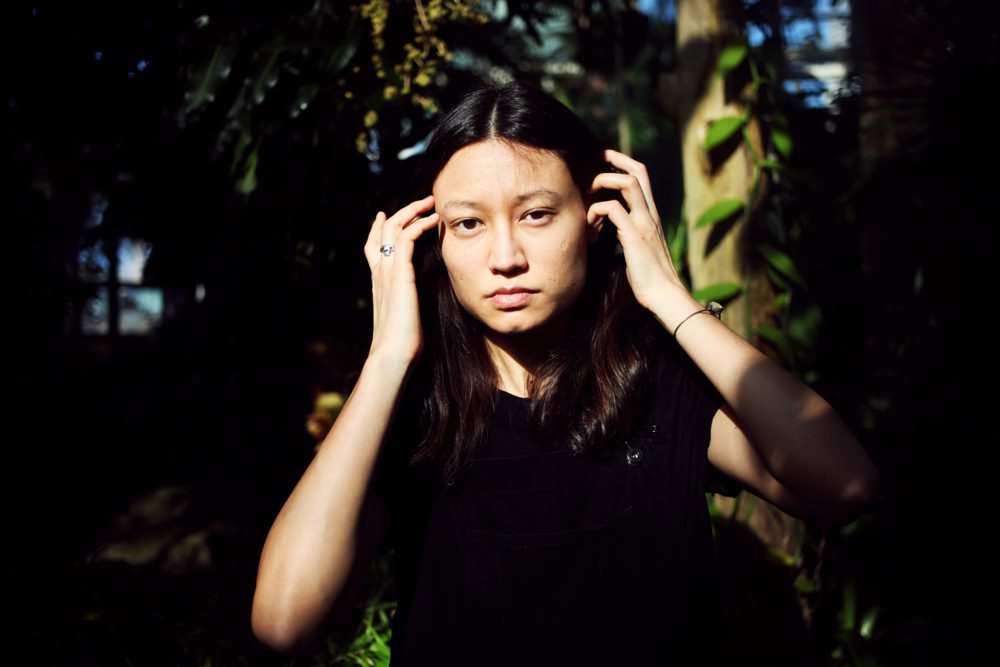Painted Zeros Return With Quarantine-Inspired “Break” Video


Painted Zeros, the indie-pop project of Brooklyn-based artist and sound engineer Katie Lau, is known for songs full of witty sarcasm and biting social commentary. “Commuter Rage” rails against men who demand emotional labor from women, while “This American Life” paints a grim picture of the empty-feeling lives many live. One tool much of Lau’s music employs is contrast: between angry lyrics and happy-go-lucky melodies; between wholesome-sounding titles and dark subject matter.
Their latest video, for the single “Break,” is no exception, with a series of outdoor images that resemble a nature documentary accompanying lyrics expressing Lau’s feelings of hopelessness in the wake of several breakups.
Lau captured the footage on her iPhone through her window while she was quarantined in her apartment. “Experiencing the natural world primarily through these narrow window-views is a phenomenon particular to NYC and to quarantining, and it can perhaps be seen as an analogue to the kind of introverted depression that inspired the song in the first place,” she says.
Lau started making music using Garage Band when she was a teenager in White Plains, NY. “Growing up in the punk scene was formative for me, and I embraced the ethos of DIY/DIT (do-it-together): the belief in community over corporatism, but also the belief in self-reliance, which was particularly important to me as a queer woman making music,” she says. “I wanted to hear more narratives like my own in an overwhelmingly male-dominated world.”
She became a full-time sound engineer after college, and in 2014, she started Painted Zeros — a name inspired by the Sonic Youth lyric, “He acts the hero / We paint a zero on his hand.” She explains the moniker: “I was attracted to the idea of a painted zero representing defiance, a rejection of power structures.”
“Break” is off Lau’s second full length album, When You Found Forever, out May 29 on Don Giovanni Records. The album also deals with recovery from alcohol and substance abuse, toxic relationships, and self-destructive tendencies. To Lau, the record’s two sides represent the journeys through these difficult times, and ultimately past them. It’s her first full-length since 2015’s Floriography.

